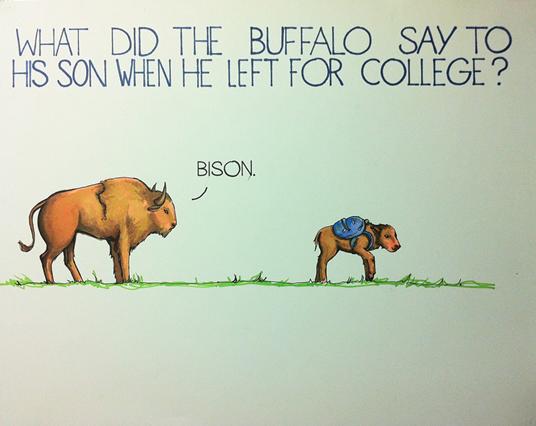Norman Cousins, author of Anatomy of an Illness, is well known for writing about his journey through heart disease and arthritis. He used laughter as a main tool in his recovery. Once told that he had little chance of surviving, Cousins developed a recovery program incorporating megadoses of Vitamin C, along with a positive attitude, love, faith, hope and LAUGHTER induced by Marx Brothers films. "I made the joyous discovery that ten minutes of genuine belly laughter had an anesthetic effect and would give me at least two hours of pain-free sleep," he reported. "When the pain-killing effect from the laughter wore off, we would switch on the motion picture projector again and, not infrequently, it would lead to another pain-free interval."
Cousins survived 10 years after his first heart attack, 26 years after his diagnoses of arthritis, and 36 years after his doctors first diagnosed his heart disease. (Source)
May is Mental Health Month and the theme for 2014 is MIND YOUR HEALTH.
Virtually all studies of laughter and health indicate positive results. Not surprisingly, there are almost no negative side effects or consequences associated with laughter as an intervention. Since the late 1980s, a number of studies support the idea that laughter stimulates the immune system and counteracts the effects of stress hormones, although results are mixed about exactly how. Regardless, there's agreement that it's another way to arrive at the relaxation response.
Some of the benefits that a daily dose of humor can have in our lives include:
- Stimulates vital organs such as the heart, lungs and muscles
- Increases endorphins in our brains
- Activates and relieves stress
- Soothes tension
- Improves the immune system
- Relieves pain
- Improves mood
- Lowers blood sugar levels
If laughter doesn't come easily for you, try hanging out with people that make you laugh, watching movies, videos or shows that make you laugh out loud, or sharing funny stories or jokes with others. If you still can't find a happy place, go to a comedy or improv club or try a laughter workshop (yes, there IS such a thing). If all else fails, you can actually "fake it 'til you make it" - in other words, just pretending to chuckle, giggle, and snort often starts the process of full-blown laughter. (Source)

 RSS Feed
RSS Feed
